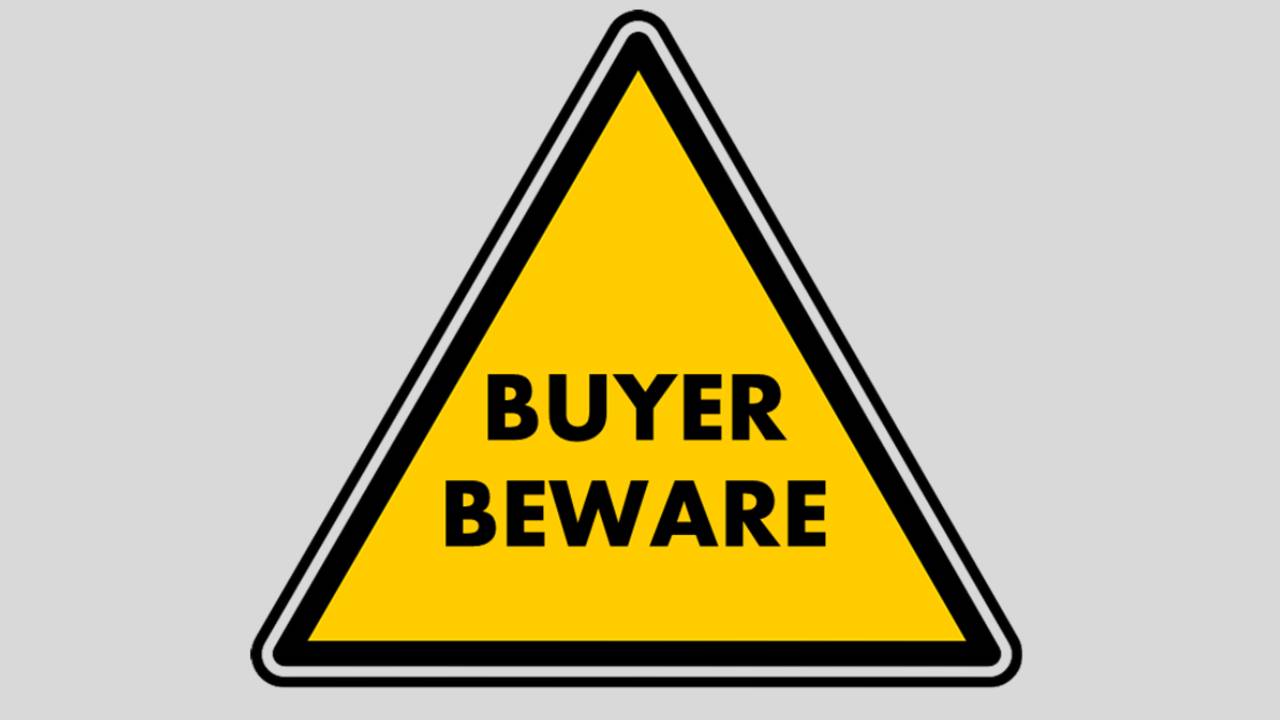
Losing Weight Is One Thing, Keeping It Off Is Another
Buyer beware. We’ve all seen advertisements that promise weight loss. Some will claim weight loss without conventional dieting so there is no isolation, deprivation, or time required. These ads claim that they are clinically proven to be effective. “Stop Dieting. Start Losing Weight. This plan shows you how easily you can lose weight by eating more food and eliminating conventional dieting. This truly is a real weight loss and health solution, backed by real science and results.” (Source withheld)
The Federal Trade Commission Consumer Advice (https://consumer.ftc.gov/articles/truth-behind-weight-loss-ads) says, “It would be nice if you could lose weight simply by taking a pill, wearing a patch, or rubbing in a cream, but claims that you can lose weight without changing your habits just aren’t true. And some of these products could even hurt your health. Dishonest advertisers will say just about anything to get you to buy their weight loss products. Here are some of the false promises you’ll often see in weight loss ads:”
Lose weight without dieting or exercising. (You won’t.)
You don’t have to watch what you eat to lose weight. (You do.)
If you use this product, you’ll lose weight permanently. (Wrong.)
To lose weight, all you have to do is take this pill. (Not true.)
You can lose 30 pounds in 30 days. (Nope.)
This product works for everyone. (It doesn’t.)
Lose weight with this patch or cream. (You can’t.)
Even if these claims were true, they don’t promise maintenance. Here’s a sobering statistic: Roughly 90 percent of people who lose a lot of weight eventually regain just about all of it.
“No one changes unless they want to. Not if you beg them. Not if you shame them. Not if you use reason, emotion, or tough love. There’s only one thing that makes someone change – their own realization that they need to do it.” This quote is attributed to Lori Deschene at TheMindsJournal.com. And it will happen when they decide they’re ready.
Let’s say you’ve come to realize a need for change. Now what? Knowing it and doing it are two separate things. A commitment to health requires medical guidance, education, financial resources, peer support, and a plan.
It is said that the best treatment for addiction treatment is the one that the person who is struggling with an addiction agrees to. The same is true for a weight loss plan. WW (formerly Weight Watchers), Noom, Nutrisystem, and Jenny Craig are all popular programs. And there’s bariatric surgery, Keto, Mediterranean, plant-based, and low-carb diets. Diet pills and supplements promise to help you shed pounds. In my opinion, any of these programs will work to get started. Keeping it off is the hard part. Obesity is a chronic condition that requires a lifetime of intervention.
Why is it so hard to keep the weight off? Our bodies and psyches want to return to our previous set point. Our cells act as if that higher weight is our normal weight. And our psyche wants to turn to food as comfort, stress management, and joy, as it had functioned in the past. Our bodies barrage us with hormonal signals that create cravings and chant “eat, eat, eat.” The plans work, but our motivation and willpower to enact the plans falter. Motivation is fickle. Although we may start strong, we may tire of restricted food choices. Or we may face life stressors that cause us to get off track.
Diets typically result in early rapid weight loss followed by a weight plateau and progressive regain. In an analysis of twenty-nine long-term weight loss studies, more than half of the lost weight was regained within two years, and by five years more than 80% of lost weight was regained.
Treatment of obesity requires ongoing clinical attention and weight maintenance counseling to support sustainable change. A study led by Dr. Laura Svetkey of Duke University decided to compare the success rates of approaches to maintaining weight loss. After 2.5 years of trying to maintain their weight loss, the participants who had personal counseling had the most success.
In counseling, you can learn triggers to over-eating and develop grounding techniques to calm yourself until the cravings pass. You can address stress management and improve coping skills. You will be assigned behavioral tasks. And, you will have a supportive person to hold you accountable for your goals.
Effective weight loss is less a project than a process. Change is not an event that suddenly occurs. Rather, it is a process that gradually unfolds over time. Long-term benefits require long-term attention.
